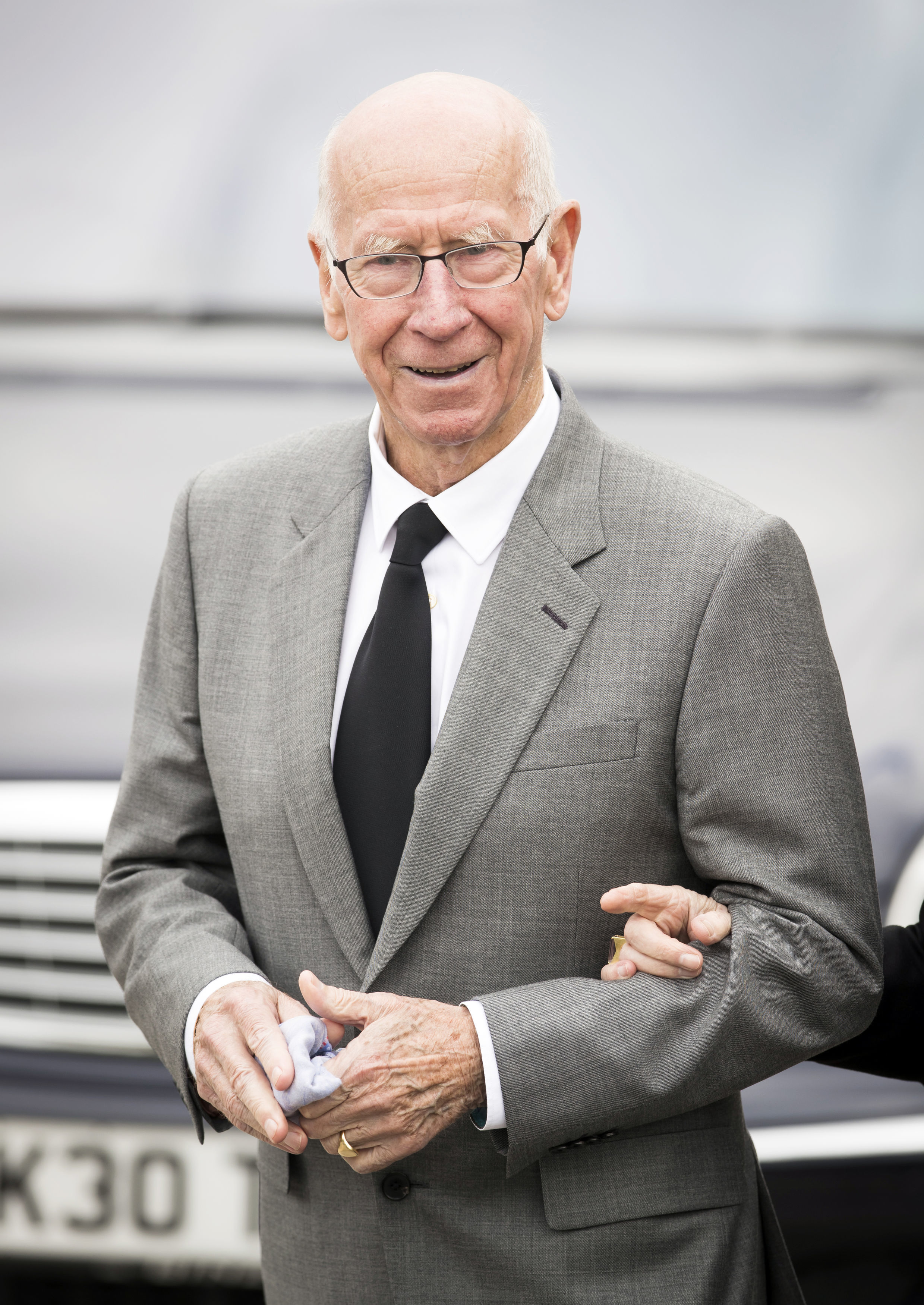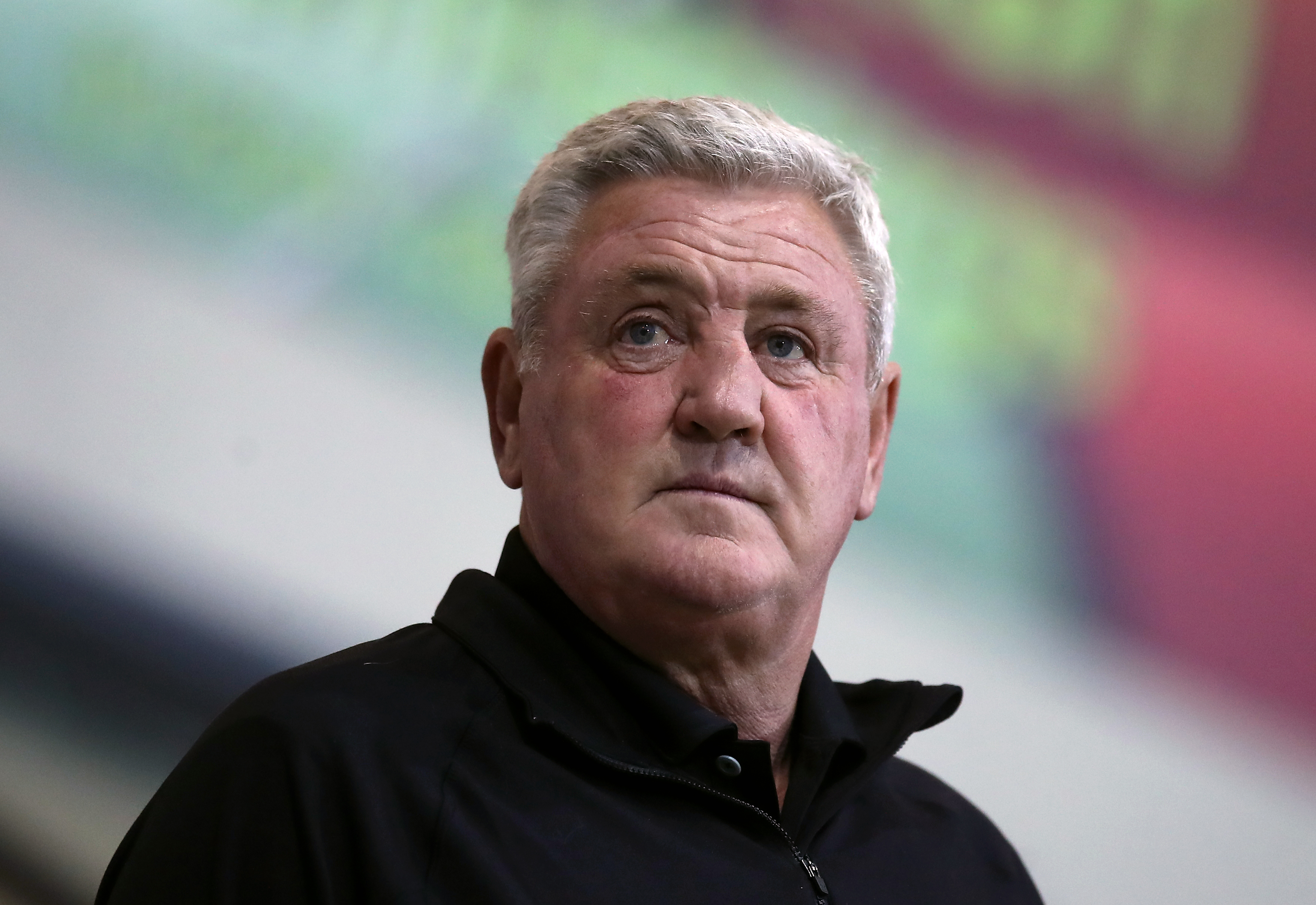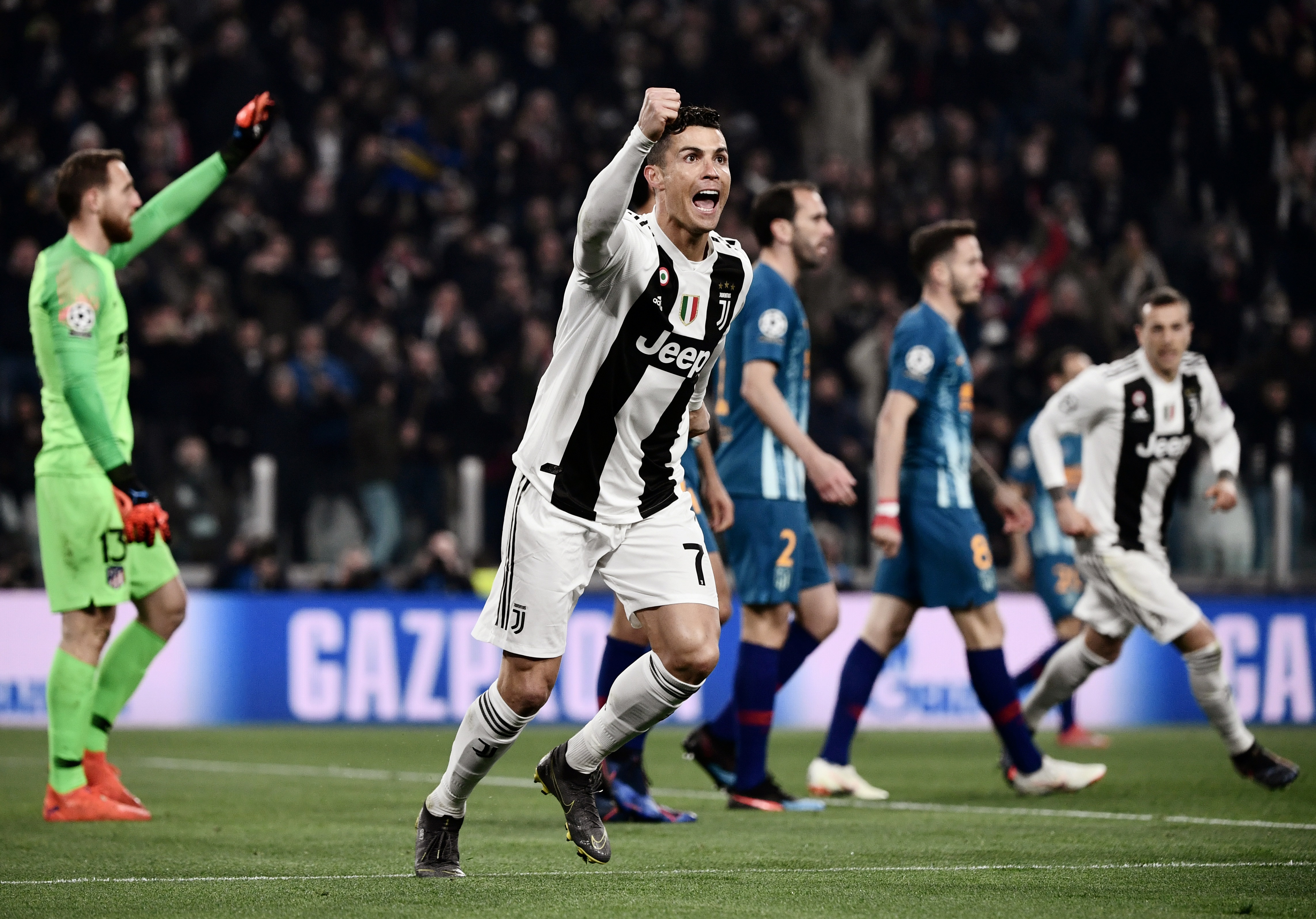England and Manchester United great Sir Bobby Charlton diagnosed with dementia

Sir Bobby Charlton has been diagnosed with dementia.
The Telegraph said that the 83-year-old’s wife, Lady Norma, was happy for the Manchester United and England great’s condition to be reported.
The newspaper said Lady Norma had given the breaking of the news her “blessing”, with the announcement coming two days after his club and country team-mate Nobby Stiles died after his own battle with the illness.
United boss Ole Gunnar Solskjaer said Stiles’ death and the announcement of Charlton’s condition was “sad news”.
“Of course it’s sad news for everyone surrounding Man United and (who) are fans of Nobby,” Solskjaer said after United’s home defeat to Arsenal on Sunday.
“I had the pleasure of meeting him and what a humble man. It’s sad and of course we as a club want to support Sir Bobby as well.”
United and England forward Marcus Rashford gave his support to Charlton.
Get FourFourTwo Newsletter
The best features, fun and footballing quizzes, straight to your inbox every week.
View this post on Instagram
A post shared by Marcus Rashford MBE (@marcusrashford) on Nov 1, 2020 at 12:57pm PST
He wrote on Instagram: “I filmed alongside this man as a child and was in awe. I still am when I see you. This man, from day 1, was everything I wanted to be. Kind, professional, caring, talented.
“Sir Bobby, you are my hero and I am devastated that you are having to go through this. Stay strong, we love you”.
Newcastle manager Steve Bruce, who spent almost a decade as a player at Old Trafford, described both Stiles and Charlton as “greats”.

Bruce said: “I’ve had the privilege to have been in their company many, many times. The two of them are greats.
“The way they are as football players is one thing, but their humility, what they stood for, they way they were as individuals, Nobby and Sir Bobby were quite exemplary.
“All the advice they gave, you’d accept. In the 10 years nearly I was there at Manchester United, he came round, Sir Bobby did, every day and shook you by the hand.
“He came into the dressing room and that presence of, ‘Wow! There’s Sir Bobby Charlton, what a player he was’.
“I wish him well, and my thoughts also go to Nobby Stiles’ family. We were all saddened by that news as well.”
In July, Charlton’s brother Jack also died, himself having previously being diagnosed with dementia.
Sir Bobby Charlton is regarded as one of England’s best ever, if not the best, footballers.
A 1966 World Cup winner, he held England’s goalscoring record of 49 for close to 50 years until it was broken by Wayne Rooney. The same man would take his Manchester United scoring record when he passed the 249 goals he scored for his beloved Red Devils.
Yet another hero of our 1966 World Cup winning team has been diagnosed with dementia. Perhaps the greatest of them all, @SirBobby. This is both very sad and deeply concerning.— Gary Lineker (@GaryLineker) November 1, 2020
Gary Lineker, himself a scorer of 48 England goals, posted on Twitter: “Yet another hero of our 1966 World Cup winning team has been diagnosed with dementia. Perhaps the greatest of them all, @SirBobby. This is both very sad and deeply concerning.”
Charlton’s 249 Manchester United goals came across 758 games for the club, with his England total coming in 106 appearance and nearly all were from midfield.
A survivor of the Munich Air Disaster in 1958, he helped the rebuilding of the club in the wake of the tragedy and scored two goals as they beat Benfica to win the European Cup in 1968.
A statement from the club read: “Everyone at Manchester United is saddened that this terrible disease has afflicted Sir Bobby Charlton and we continue to offer our love and support to Sir Bobby and his family.”
The Football Association also tweeted its best wishes.
Sending our best wishes to @SirBobby and family ❤️ pic.twitter.com/mlYdWnZO6A— England (@England) November 1, 2020
A study, led by consultant neuropathologist Dr Willie Stewart of Glasgow University and published in 2019, revealed that former footballers are approximately three-and-a-half times more likely to die from neurodegenerative disease than the general population.
The report, commissioned by the Football Association and the Professional Footballers’ Association, assessed the medical records of 7,676 men who played professional football between 1900 and 1976. Their records were matched against more than 23,000 individuals from the general population.
The study’s findings came 17 years after former England and West Brom striker Jeff Astle died at the age of 59 with what a coroner described as an “industrial injury”.
Astle’s daughter Dawn responded to the study’s findings by saying “these players who have suffered dementia must not be a statistic – they must never be forgotten”.
